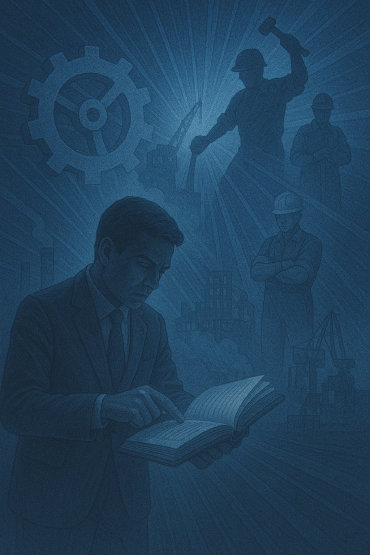2025 Lee Jae-myung Candidate Presidential Election Promise Analysis - Labor Policy
Lee Jae-myung's Candidate Promise Announcement
The Democratic Party candidate Lee Jae-myung unveiled his pledge book "Now for a Real Korea," presenting three key phrases: "Recovery, Growth, Happiness," ahead of the 21st presidential election scheduled for June 3, 2025. This pledge book includes 15 major policy tasks and 247 detailed commitments aimed at restoring democracy, achieving economic advancement, and enhancing the happiness of the people’s lives. Additionally, it presents a vision of becoming a strong nation in five areas: economic power, diplomatic and security power, cultural power, democratic power, and welfare power.
The main objectives of labor policy commitments
The labor policy commitments of candidate Lee Jae-myung are making various efforts to create a society where labor is respected. In particular, the main focus is on ensuring the rights of all workers in all forms, establishing equal pay for equal work, and improving the quality of life. The candidate's core objectives are to reduce gaps in the labor market, create a safe and fair working environment, and alleviate social polarization. He has also emphasized a commitment to prevent occupational accidents, stating, 'We will ensure that no one gets injured or dies while working.'
Major promises and policy measures
The labor policy pledges of candidate Lee Jae-myung include the protection of rights and the expansion of social safety nets for various types of workers, such as non-regular workers, self-employed individuals, and platform workers. There are plans to expand the definition of workers under the Labor Standards Act and to promote amendments to the Labor Union Act to ensure the bargaining rights of subcontracted workers. It has also been proposed to legally prohibit the comprehensive wage system to properly pay for overtime work, and several measures have been suggested to achieve equal pay for equal work. There is also a policy to reduce the abuse of non-regular workers by ensuring that the state and public institutions set an example.
Industrial Safety and Work-Life Balance Policies
As part of his industrial safety pledge, candidate Lee Jae-myung promised to establish an integrated industrial safety and health management system that requires both primary contractors and subcontractors to share responsibility. In terms of industrial accident insurance, there are plans to expand coverage to include the self-employed in order to reduce blind spots in industrial accident prevention and compensation. Additionally, he proposed the introduction of a 4.5-day workweek to promote work-life balance, with a goal of gradually reducing working hours by 2030. Various measures to protect the rights of female workers are also included.
Feasibility and Challenges
The labor pledges of candidate Lee Jae-myung require a social agreement and amendments to labor-related laws, and conflicts and discussions related to these are expected. Legislative action in the National Assembly is essential for the revision of the Labor Standards Act, the Trade Union Act, and the implementation of a 4.5-day workweek. Given that Korea has one of the longest working hours among OECD countries, addressing corporate concerns regarding this situation is critical. While the prohibition of the comprehensive wage system and the equal pay disclosure system can be introduced relatively quickly, management issues for their implementation are also a key factor.
Lee Jae-myung's Distinctiveness and Comparison with Competitors
The positions of candidate Lee Jae-myung and the People Power Party candidate on labor policy are very different. Candidate Lee emphasizes the enhancement of workers' rights with a focus on 'respect for labor,' 'aiming for a four-day work week,' and 'protection of the rights of non-regular workers,' while candidate Kim Mun-soo from the People Power Party takes a stance on 'labor reform' and limiting the powers of labor unions. This opposition is evident in policies on minimum wage and measures for non-regular workers, showcasing the philosophical differences between the two camps, centered around improving workers' rights and enhancing corporate productivity.

Post a Comment